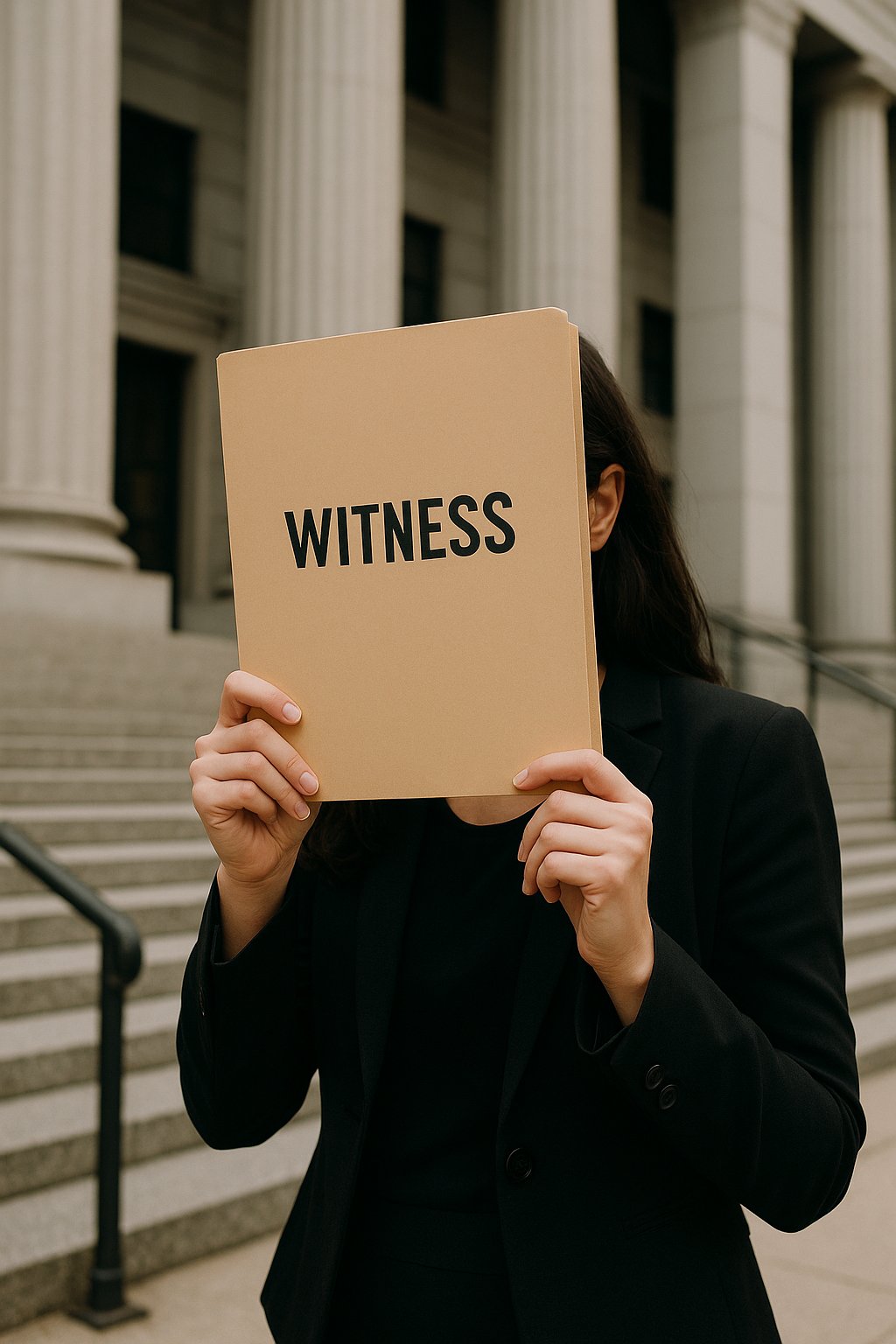New law limits personal data in police reports from 1 July 2025
 As of 1 July 2025, a new law in the Netherlands improves the privacy protection of victims and witnesses who file a police report (aangifte). If you’re worried about your personal information ending up in the hands of the suspect, this article explains what will (and won’t) be shared – and what you can do to protect yourself.
As of 1 July 2025, a new law in the Netherlands improves the privacy protection of victims and witnesses who file a police report (aangifte). If you’re worried about your personal information ending up in the hands of the suspect, this article explains what will (and won’t) be shared – and what you can do to protect yourself.
Suspects still have access to your report – but with limited personal data
If the suspect is prosecuted, they and their lawyer have the right to see your report and related documents. However, thanks to the new law, your personal details will no longer be included by default.
This change was introduced to reduce fear among victims and witnesses and to better protect their privacy – something that, until now, was often overlooked in comparison to the protection suspects receive.
What details are still included?
From 1 July 2025, only your name and date of birth will appear in the official police report. This is the minimum needed to confirm your identity in a legal context.
All the following information will no longer be automatically included in police reports, formal charges (tenlasteleggingen), and other legal documents:
- Address or place of residence
- Place and country of birth
- Email address
- Telephone number
- Citizen service number (Burgerservicenummer, or BSN)
Only in exceptional cases, where the Public Prosecution Service (Openbaar Ministerie, or OM) deems it necessary for the court’s decision, can these details still be added – for example, if you report a burglary at your home.
💡 Tip: Make sure you don’t include these details yourself when filing a report or submitting documents. If they are accidentally included, contact the Victim Support Desk (Slachtofferloket) of the police.
Can you hide your name altogether?
In exceptional situations, the police may allow you to file a report without showing your name – for instance, if you’re afraid the suspect might retaliate. In this case, a reference number is used instead of your name. Ask the police officer handling your case if this applies to you.
Use a different postal address (domicilie-adres)
You have the right to choose a different correspondence address (called a domicilie-adres) for communication with the police or the Public Prosecution Service. This might be your workplace or the address of a trusted contact.
Make sure you receive all important documents, as you have the right to be kept informed about the legal process.
Anonymous reporting (not the same as filing a report)
You cannot file a police report anonymously. But you can report serious crimes anonymously via Meld Misdaad Anoniem – the national tip line. This is suitable for reporting offences such as:
- Assault or abuse
- Robbery or arson
- Human trafficking or weapons trade
- Fraud, corruption, or even homicide
Submitting documents? Mind your details
If you add documents to your police report, be sure to remove any unnecessary personal information, such as:
- Address or residence
- Birthplace or country of birth
- Phone number or email
- BSN
Only your name and date of birth are needed.
Need legal help as a victim or witness in the Netherlands?
At Counselr, we connect you with trusted legal professionals who speak your language and can guide you through the Dutch legal system.
Alternatively, if you are a witness of victim, you can always contact Victims Support (Slachtoffer hulp).
Find legal professionals specializing in criminal law
Disclaimer: The information provided on this website is for general informational purposes only and is not legally binding. Although we strive for accuracy, the content may contain errors. If you notice any mistakes, please let us know by contacting us via the contact form located at the bottom of the page.
Picture : Created by Sora/ ChatGPT
References
- Volkskrant.nl – Politie en justitie nemen stappen om privacy van getuigen en slachtoffers beter te beschermen (accessed 06/30/2025)
- Slachtofferhulp.nl – Bescherming gegevens bij aangifte (accessed 06/30/2025)

